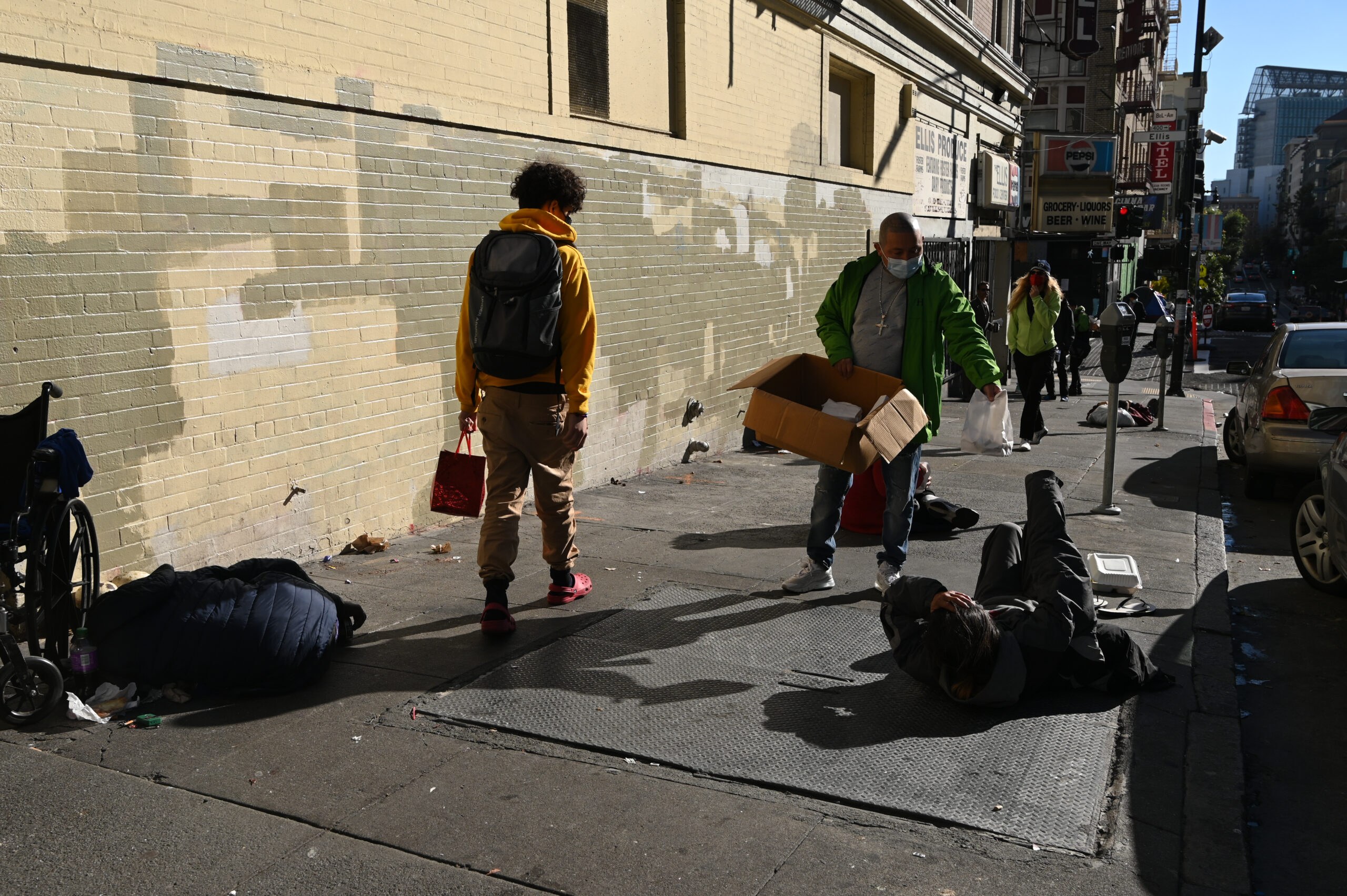At this week’s meeting, the full Board of Supervisors looks to approve the city’s budget, which was negotiated with surprisingly little drama in June.
Also up for approval is a long-awaited program to give veterans a leg up in affordable housing applications. Meanwhile, an ongoing debate over how best to respond to street incidents continues with the possibility of a performance audit.
As usual, the wonks can peruse the whole shebang here.
First, Housekeeping
After continuing it for a week, the board is set to approve the city budget for fiscal years 2022-2023 and 2023-2024. Supervisors and Mayor London Breed’s office hashed out the agreement at a late-night meeting last month. Both sides emerged pleased: It was described by budget chair and District 9 Supervisor Hillary Ronen as less contentious than past years, but it did feature some fireworks and a whole lot of budget requests.
The Supervisors are also set to finalize some of the eleven charter amendment ballot measures planned for the November election:
Housing for Veterans
A proposal from District 4 Supervisor Gordon Mar to extend Certificate of Preference eligibility to veterans is finally set for approval Tuesday. The legislation would entitle veterans of the armed forces to higher priority in the application process for Below Market Rate (BMR) housing.
Street Response Teams
Finally, also up for approval is a motion directing the Budget and Legislative Analyst to perform a performance audit of the plethora of teams the city uses to intervene in drug overdoses, behavioral crises or other street incidents.
